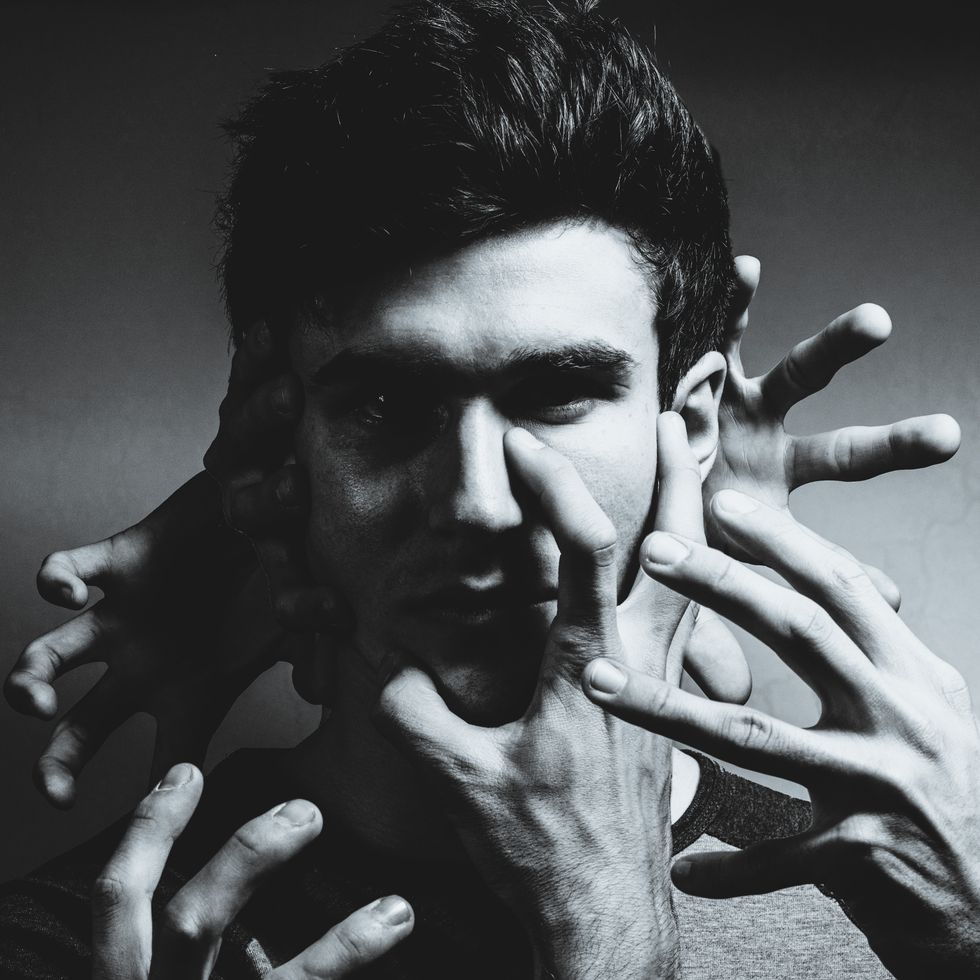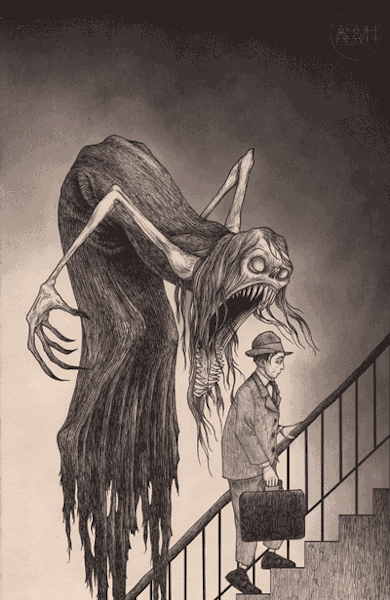aling with anxiety is hard for many people, and lacking coping skills can lead to worsening anxiety. It can also make people think they'll never get better. I am one of those lucky people who has an amazing team of therapists, and they provided me with countless skills to manage my anxiety. There is nothing I hate more than seeing people struggling with their mental illness. With that being said, below are seven tips I learned, and feel are important to help manage anxiety.
1. Know your triggers.
By knowing what triggers your anxiety you know what situations to avoid. It also allows you to make a plan for coping with your anxiety if you are subjected to a triggering situation.
2. Identify any physical symptoms that accompany your anxiety.
Anxiety can cause crying spells, tensing of muscles, nausea, headaches, dry mouth, trembling or shaking, dizziness, sweating, shortness of breath, or a change in heartbeat.
3. Be aware of irrational thoughts induced by anxiety.
Anxiety distorts our thinking, and causes irrational thoughts. These irrational thoughts cause us to thinking about even the slightest thing to go wrong, as well as the worst possible outcomes of the situation.
4. Know how to challenge those irrational, or negative, thoughts.
Start by listing three possible outcomes of the situation (one worst outcome, one best outcome, and one likely outcome). Then think about how those outcomes would affect you a week later, a month later, and one year. This allows you to see that even if the worst outcome does occur it will not effect you forever. You can also create rational counter statements to challenge irrational thoughts. If you are thinking, "I'm going to fail and disappoint everyone," the rational counter statement could be, "I may not perform well or meet peoples' expectations, but people will be proud of me for trying."
5. Avoid putting up walls that keep you from living the life you truly want.
People put up walls so that they will not have to deal with their fears. This form of avoidance can make anxiety worse overtime. It can also impact careers, lifestyles, and relationships with other people. People will often isolate themselves from their family and peers because they do not want to be rejected by them if they find out about their anxiety.
6. Know the accompanying symptoms of a panic attack.
Panic attacks induce fears like having either a heart attack or fainting, but they do not cause actual physical harm to the person experiencing one. They are often brief and intense. The symptoms usually last anywhere between ten to thirty minutes, but some symptoms can linger for an hour or more. Panic attacks can occur randomly, or are triggered during certain situations like crowds, public speaking, or meeting new people. Common symptoms of a panic attack are having a pounding/racing heartbeat, sweating, shaking/trembling, fear of going crazy, detachment from reality, fear, feeling like something bad is about to happen, nausea, and chest pain.
7. Know how to properly cope during an anxiety attack.
Try to rationalize thoughts, the prescribed medication, or smell you favorite scented lotion or candle to help ground yourself. My favorite coping strategies I find most effective are deep breathing, imagining my favorite place, and progressive muscle relaxation. I find deep breathing the most effective when I breathe in slowly for 5-10 seconds, hold it for 5-10 seconds, breathe out slowly for 5-10 seconds, and repeat that cycle until I feel calm. When I think about my favorite place I imagine it down to the finest of details. I think about what the colors of my surroundings would be, what I would hear, what I would smell, how my surrounds would feel to the touch, and any tastes I would experience while being there. Progressive muscle relaxation is the act of tensing the muscles of the body purposely, and then releasing the tension. I tense my muscles for 5 seconds at a time starting at my toes, and then I work my way up to my neck.










 The minimum wage is not a living wage.
StableDiffusion
The minimum wage is not a living wage.
StableDiffusion
 influential nations
StableDiffusion
influential nations
StableDiffusion












